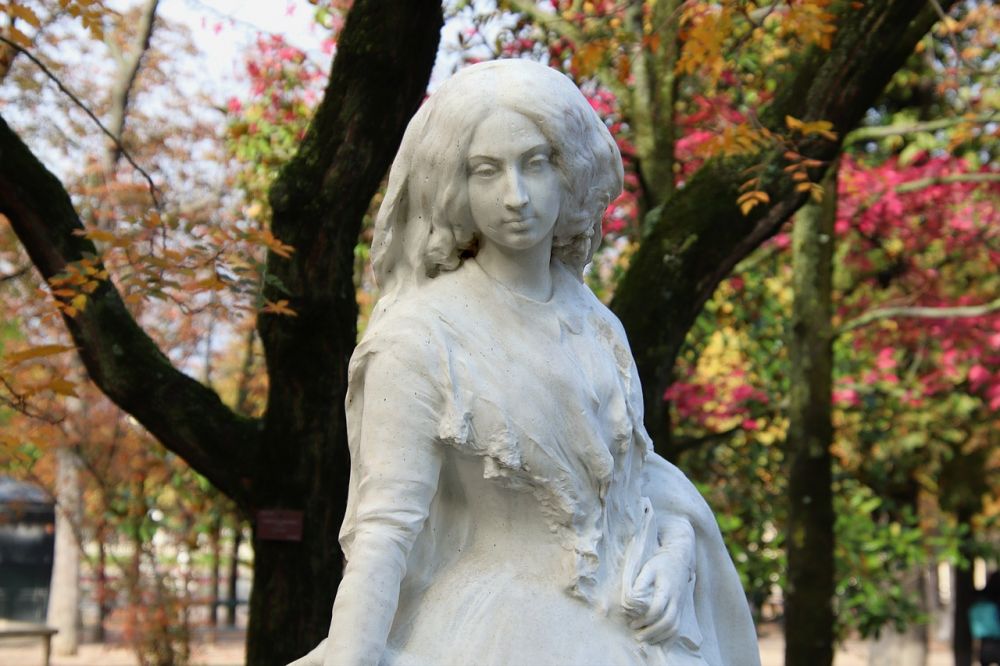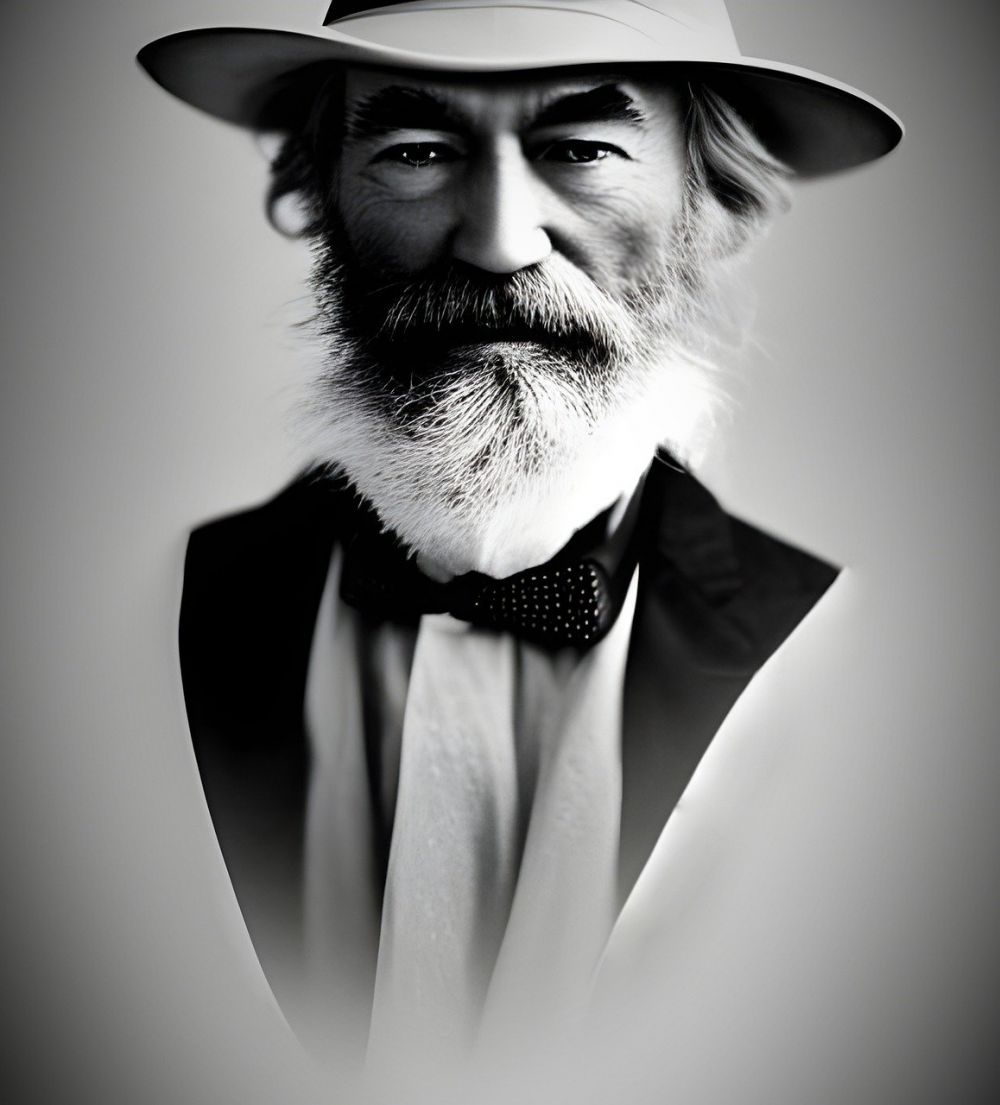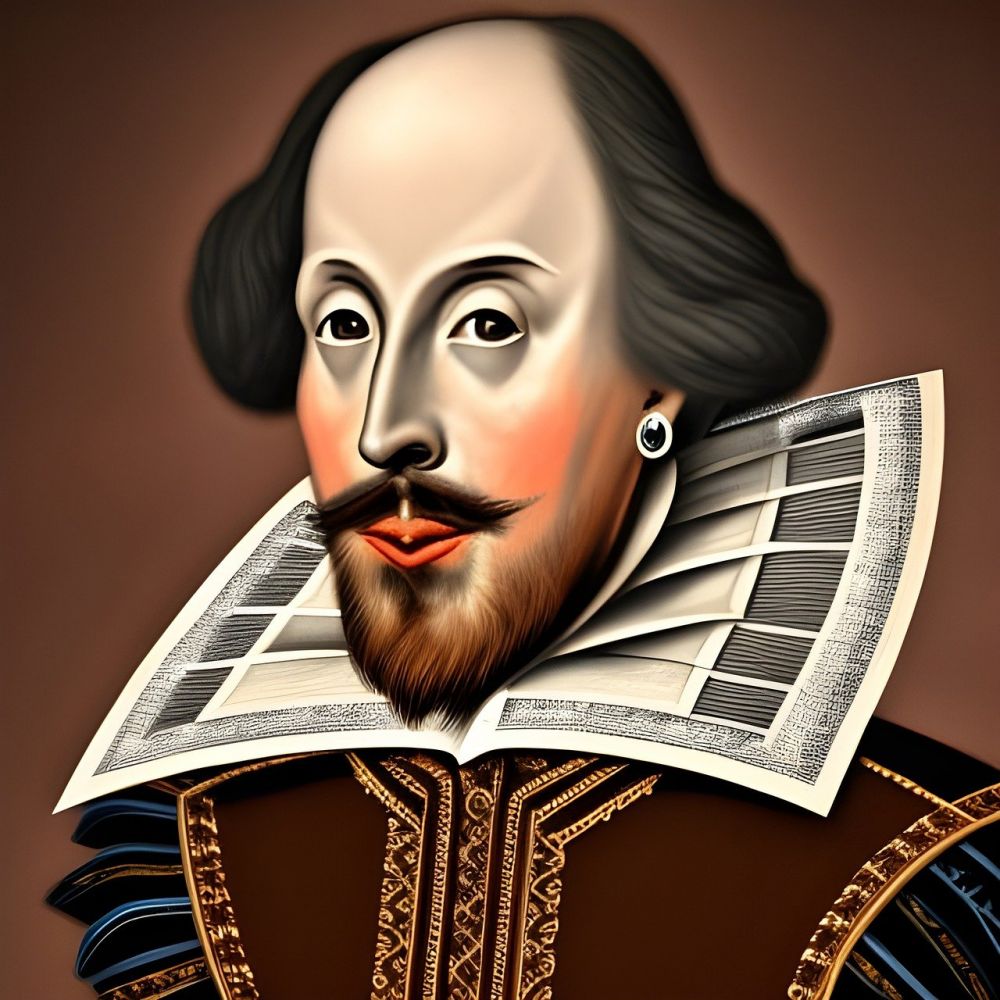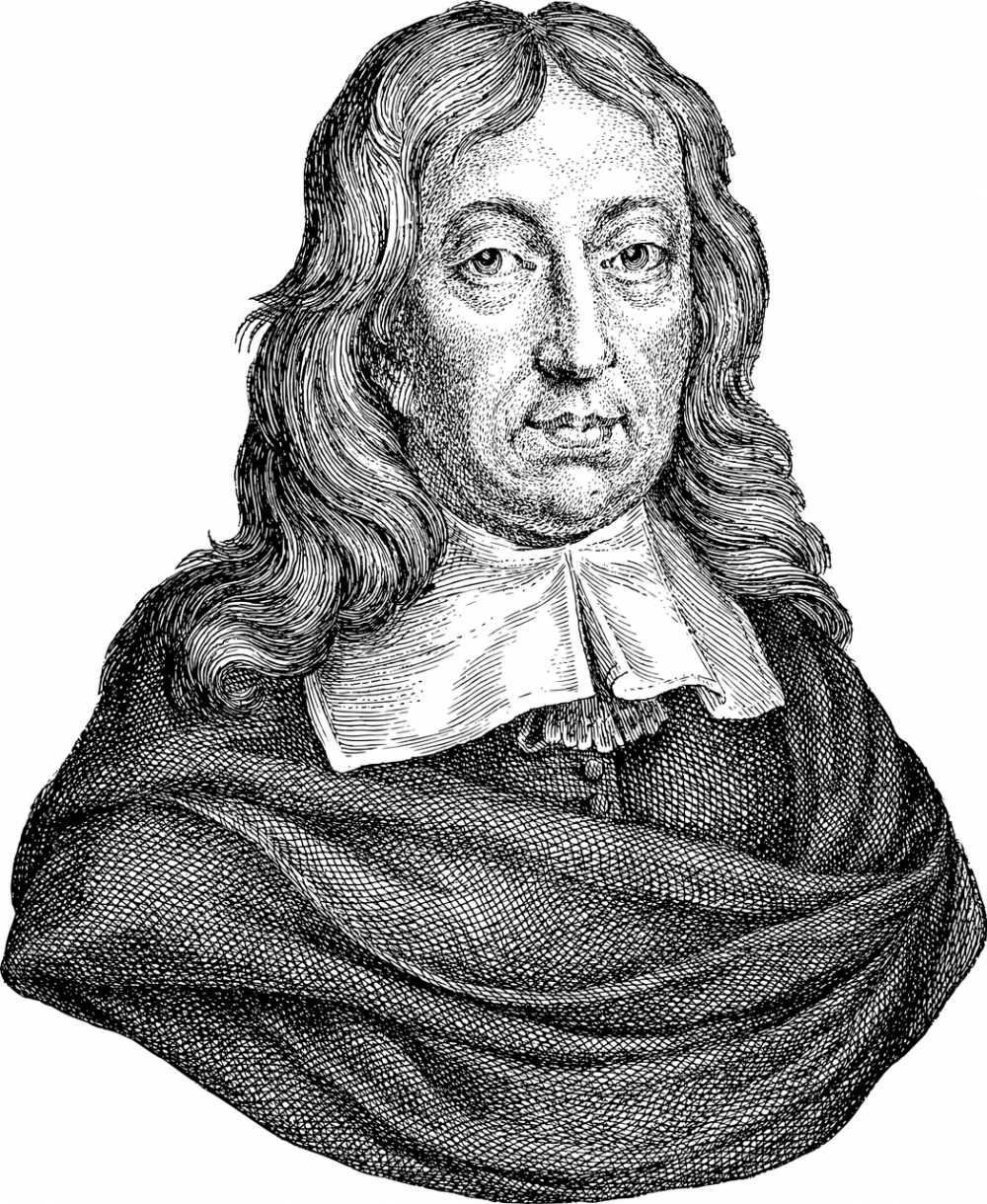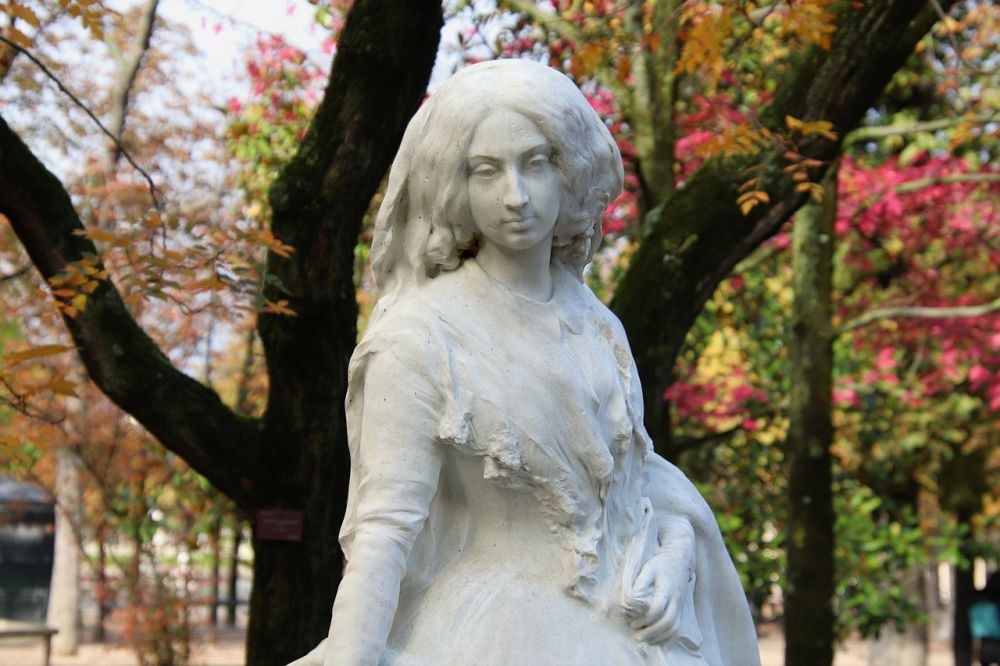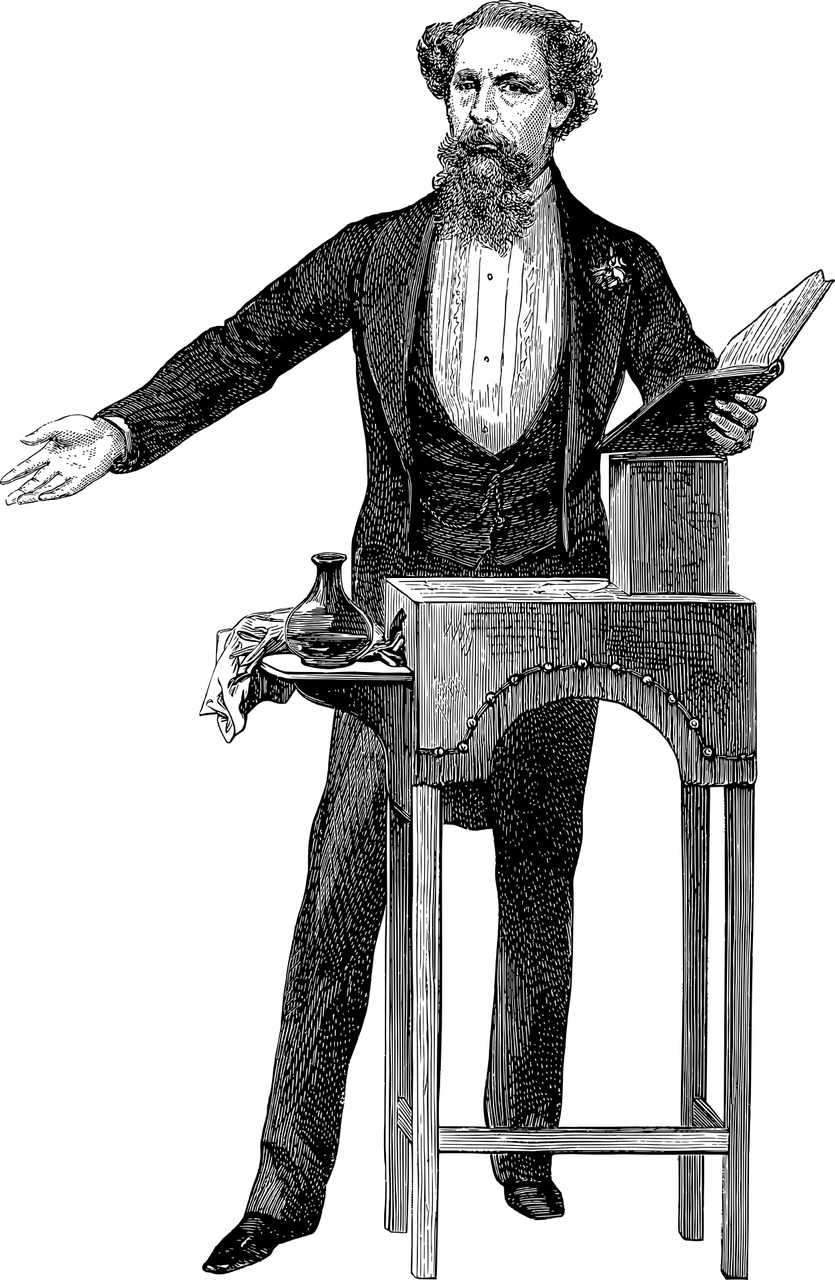Charles Dickens was an iconic British author, renowned for his timeless and captivating novels
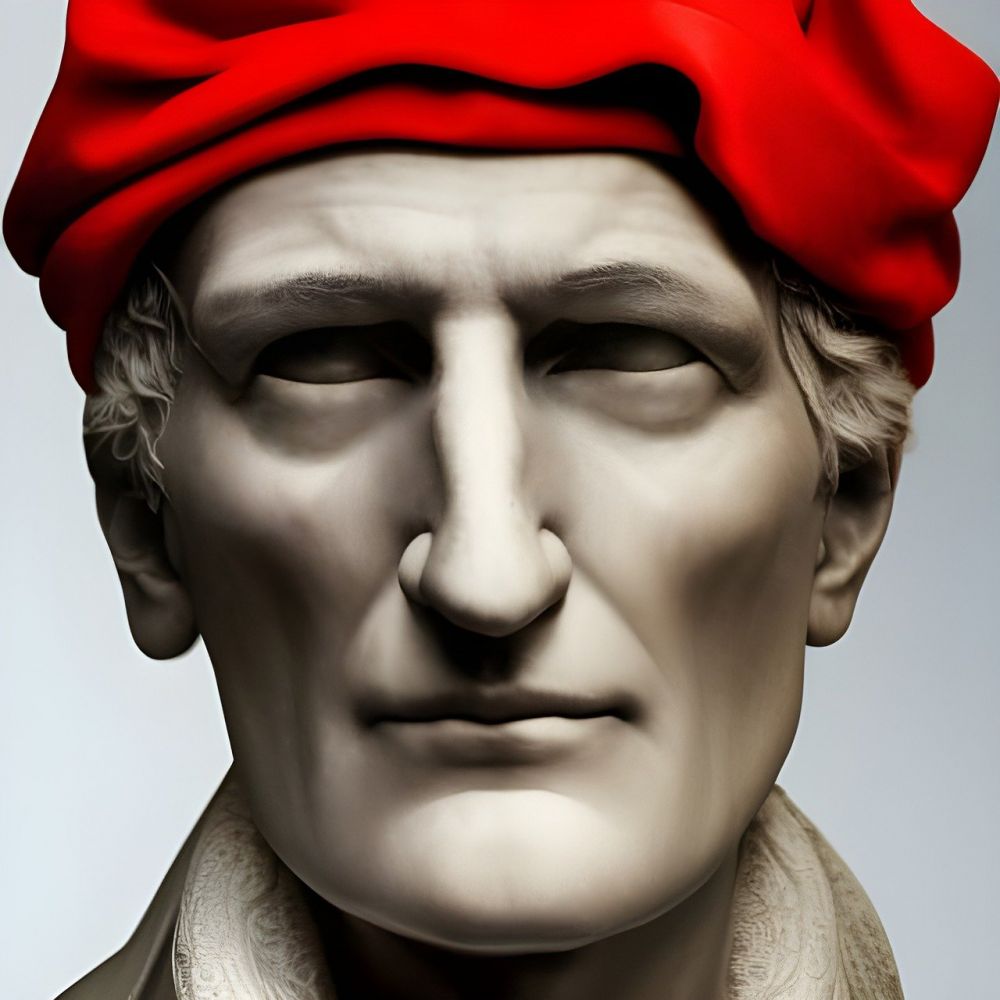
His works continue to resonate with readers today, offering profound insights into the human condition and shedding light on the social issues of Victorian England. In this article, we will delve into the world of Charles Dickens books, exploring their significance and evolution over time.
Introduction to Charles Dickens Books:
Charles Dickens wrote numerous novels that have become literary classics. His works are known for their richly drawn characters, vivid descriptions of London, and powerful social commentary. Dickens had a remarkable ability to capture the essence of Victorian society, portraying both the struggles of the working class and the lives of the wealthy in a compelling and relatable manner.
It is important for readers interested in Charles Dickens books to understand the historical context in which they were written. Dickens’ novels were a response to the social and economic challenges of the Victorian era, a time of immense inequality and rapid industrialization. Through his writing, he sought to expose the injustices of the time and advocate for social reform.
Historical Evolution of Charles Dickens Books:
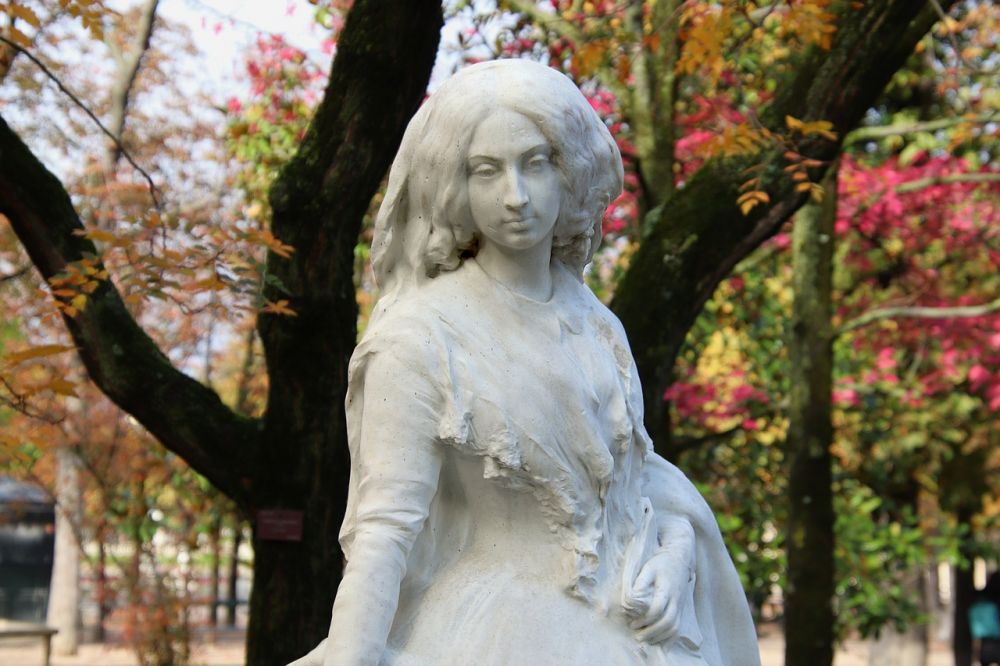
Over the course of his career, Charles Dickens wrote numerous novels, each with its own unique themes and settings. His first novel, “The Pickwick Papers,” was published in 1837 and gained instant popularity, establishing him as a prominent literary figure. This comedic novel introduced readers to Dickens’ distinctive writing style and his keen observational skills.
In the following years, Dickens published a string of successful novels, including “Oliver Twist,” “Nicholas Nickleby,” and “A Tale of Two Cities.” These works delved into various social issues, such as poverty, child labor, and the plight of the working class. Dickens’ evocative descriptions of the grim realities of Victorian society struck a chord with readers, bringing attention to these pressing problems.
One of Dickens’ most celebrated novels, “Great Expectations,” explored themes of ambition, wealth, and social class. The protagonist, Pip, navigates a complex and often deceitful world as he strives to climb the social ladder. Through this novel, Dickens examined the corrosive effects of materialism and the importance of loyalty and integrity.
In his later years, Dickens penned novels such as “Bleak House” and “Little Dorrit,” which exposed the flaws of the English legal system and criticized the bureaucratic nature of society. These works showcased Dickens’ growth as a writer, with more intricate plots and a deeper exploration of characters’ inner lives.
Significance of Charles Dickens Books:
The enduring appeal of Charles Dickens’ novels lies in their ability to transcend time and place, capturing universal themes that resonate with readers across generations. His characters are iconic and memorable, often serving as archetypes for different aspects of human nature. From the conniving Uriah Heep in “David Copperfield” to the generous and kind-hearted Bob Cratchit in “A Christmas Carol,” Dickens created a diverse cast that continues to captivate readers.
Moreover, Dickens’ social commentary remains relevant in today’s world. Many of the social issues he addressed, such as poverty, inequality, and corruption, persist in modern society. This makes his novels not only compelling works of literature but also valuable tools for understanding the ongoing struggles faced by marginalized communities.
In conclusion, Charles Dickens books hold a significant place in the literary canon, with their powerful storytelling, social commentary, and memorable characters. Through his works, Dickens shed light on the injustices of Victorian society, leaving a lasting impact on readers. Today, his novels continue to be cherished and admired by literary enthusiasts and collectors alike.
By delving into the world of Charles Dickens books, readers can immerse themselves in a rich tapestry of Victorian life and gain a deeper understanding of the social complexities of the time. Dickens’ novels serve as a testament to the power of literature to provoke thought, inspire change, and ultimately, stand the test of time.
References:
1. “Charles Dickens: A Life” by Claire Tomalin
2. “Dickens and the Workhouse: Oliver Twist and the London Poor” by Ruth Richardson
3. “The Cambridge Companion to Charles Dickens” edited by John O. Jordan
